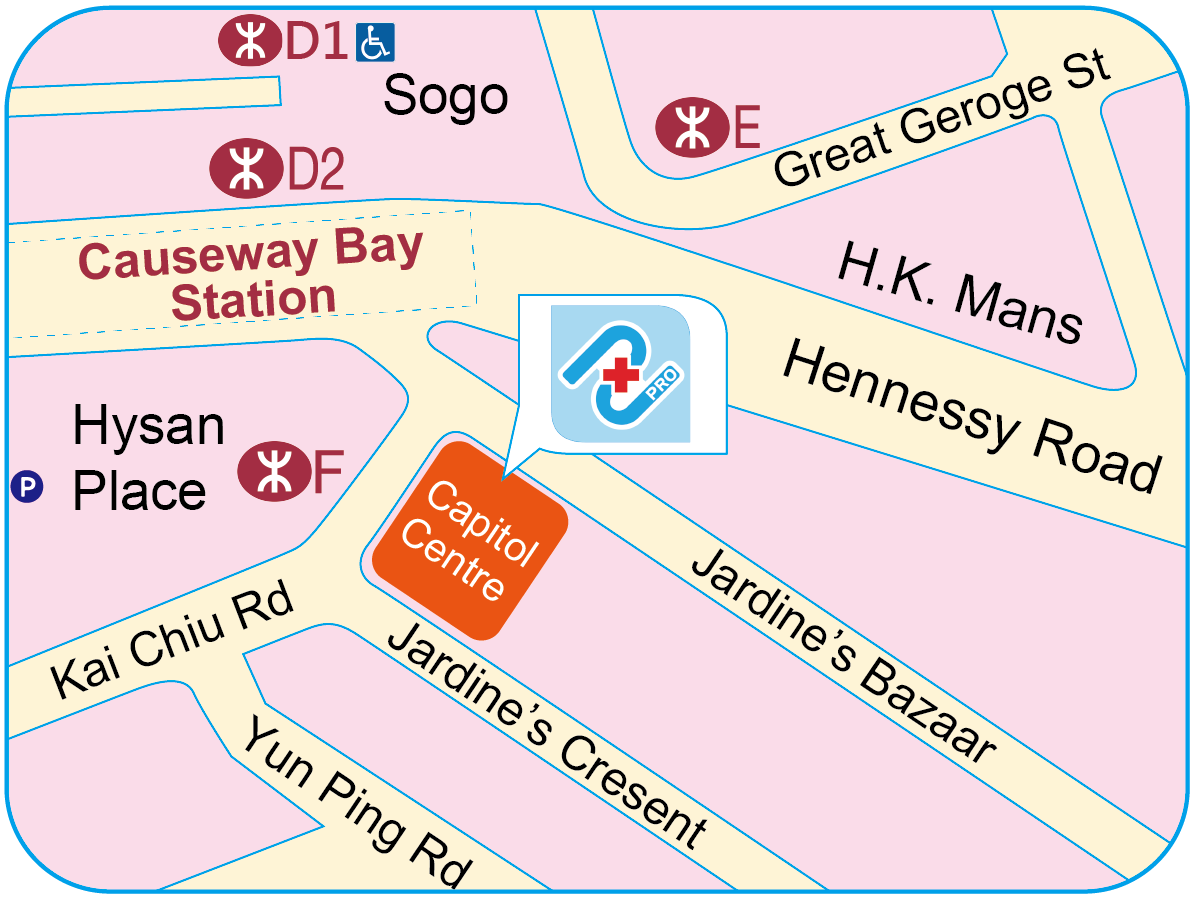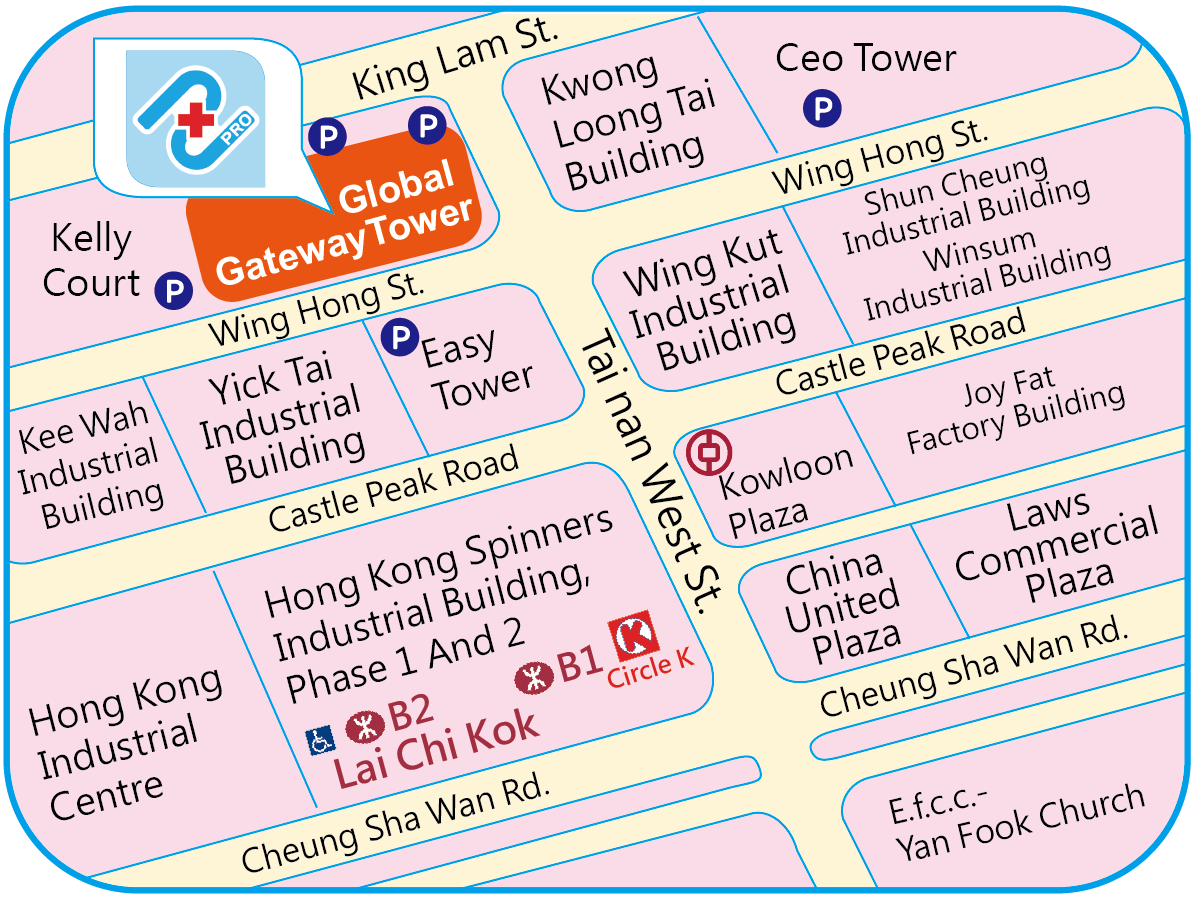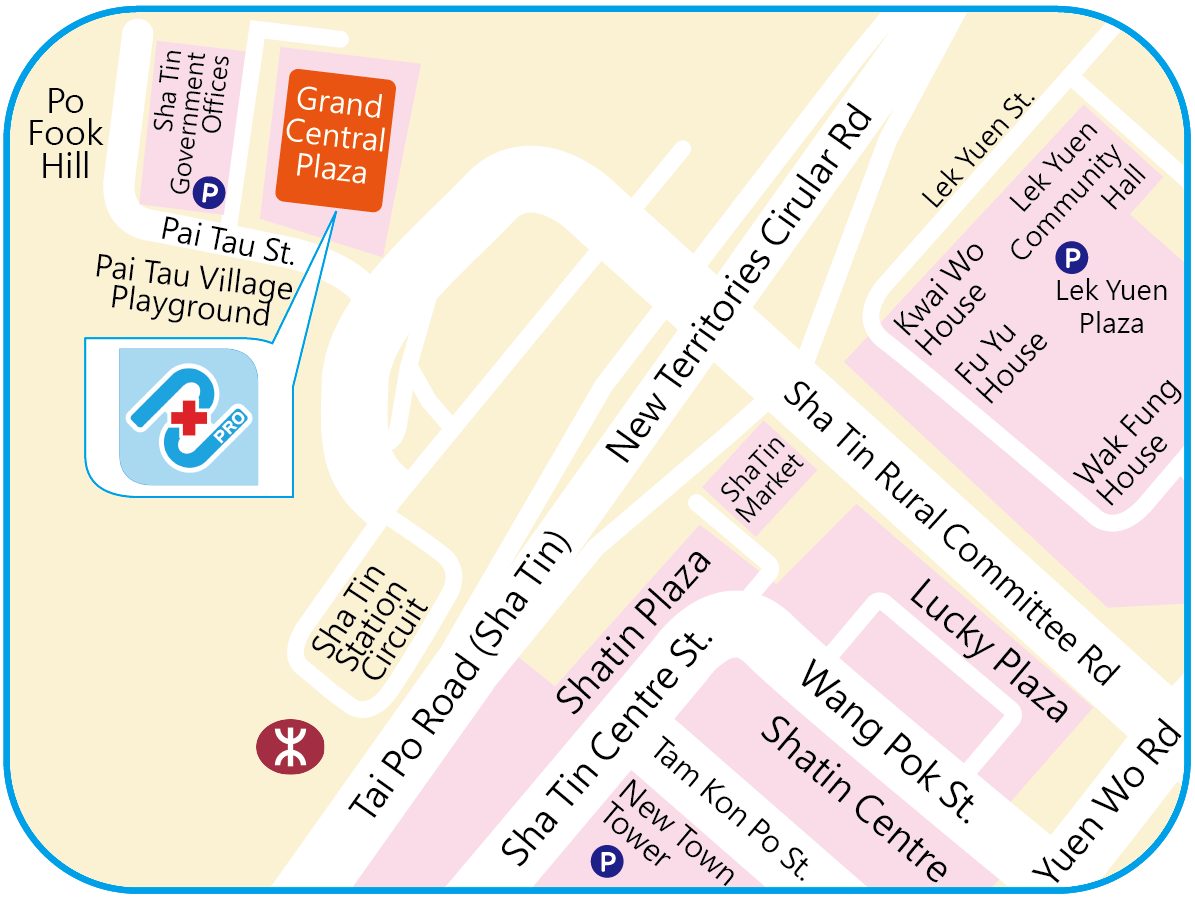Blog

Long-term bedridden patients are prone to pressure sores? Experts teach you
In Hong Kong, with the rapid aging of the population, the demand for long-term care is continuously increasing. More and more families are facing situations where elderly or critically ill patients need to spend extended periods in bed, and in these cases, one of the most common yet challenging issues is "pressure sores." Pressure sores are not just skin surface problems; they often involve deep tissues, muscles, and even bones. Once they worsen, they not only cause unbearable pain to patients but also pose a life-threatening risk. According to international clinical research data, approximately 1 in 10 bedridden patients may develop pressure sores. As Hong Kong's population aged 65 and above approaches nearly 20%, without professional elderly care and proper management, the medical and psychological burdens brought about by pressure sores could impact the entire family.
This article, compiled by the professional nursing team of Nu Pro Nurse Centre, will detail the causes, grading, daily care considerations of pressure sores, and the scientific management of the "6 major care techniques." It will also share how through home care and home visit nursing services, families can receive comforting and professional support in a comfortable environment.

In Hong Kong, with the rapid aging of the population, the demand for long-term care is continuously increasing. More and more families are facing situations where elderly or critically ill patients need to spend extended periods in bed, and in these cases, one of the most common yet challenging issues is "pressure sores" (Pressure Ulcer, also known as bedsores). Pressure sores primarily result from prolonged pressure on a specific area of the body, leading to impaired blood flow and tissue hypoxia. Common sites for pressure sores include the tailbone, buttocks, heels, and shoulder blades. For the elderly, due to decreased blood circulation, reduced skin elasticity, and limited mobility, they are more prone to developing pressure sores.
High-risk groups include:
-
Elderly individuals who are bedridden or use wheelchairs for extended periods.
-
Patients with strokes or spinal cord injuries.
-
Individuals with dementia or declining mobility.
-
Long-term incontinence patients (urinary or fecal incontinence).
These patients share the common characteristic of limited mobility, inability to change positions independently, and caregivers who may not be familiar with pressure sore management, leading to skin damage and infections.
The 4 grades of pressure sores: Warning signals from superficial to deep
In clinical practice, pressure sores are generally classified into 4 levels, each requiring a different approach to treatment.
Grade 1: Skin redness, increased temperature, but the epidermis remains intact. Immediate pressure relief may lead to rapid recovery.
Grade 2: Skin breakdown, blisters, or ulcers appear, reaching the dermis layer. Without timely intervention, bacteria can easily invade.
Grade 3: The wound extends to the fat layer, showing necrotic tissue and exudate, requiring months or longer for treatment.
Grade 4: The most severe stage, with bones and muscles exposed, a very high risk of infection, and potentially necessitating surgeries like skin grafts or flap repairs.
In clinical cases in Hong Kong, many families delay treatment due to inadequate care knowledge, resulting in the progression of pressure sores from early-stage skin redness to extensive wounds of grade 3 or 4, making the treatment process both painful and costly. Therefore, early prevention and treatment are crucial.
Why is pressure sore management so challenging?
For most family members, caring for bedridden elderly individuals is already a significant responsibility, and the appearance of pressure sores only adds to the stress. Pressure sore management involves not only daily dressing changes but also wound debridement, wound environment control, infection risk assessment, all of which require oversight by professional nursing staff.
Additionally, different types of dressings (such as hydrocolloid, foam, and medicated dressings) need to be chosen based on the stage of the wound. Improper use can not only be ineffective but may worsen the wound. This is why many families in Hong Kong are increasingly relying on home care and home visit nursing services, where qualified nurses can handle or instruct proper wound care, ensuring both technical accuracy and professional medical support for the elderly.
6 major pressure sore care techniques: Scientific prevention and management
According to international medical guidelines, pressure sore prevention requires a multifaceted approach known as "Bundle Care," involving simultaneous actions from different angles. The following 6 techniques are the core elements:
-
Skin inspection and protection
Check the skin condition of high-risk areas daily. If redness or discoloration is observed, immediate pressure relief and treatment are necessary. Keep the skin dry to prevent vulnerability due to moisture.
-
Skin pressure relief care
Use air mattresses, positioning pillows, or pressure-relief equipment to reduce pressure time. It is generally recommended to reposition every two hours to ensure smooth blood circulation.
-
Incontinence care
Urinary or fecal incontinence significantly increases the risk of skin infections. Use absorbent pads and regularly clean the skin to prevent prolonged exposure to moisture.
-
Nutritional care
Proteins, vitamin C, zinc, and other nutrients aid in skin repair and immunity. For seniors with swallowing difficulties, dietary adjustments or nutritional supplements recommended by a dietitian can be helpful.
-
Mobility and positioning
Even if the patient cannot get out of bed, passive joint exercises can improve blood circulation. Change the lying position to avoid prolonged pressure on the same area.
-
Wound assessment and care
Once a pressure sore appears, a professional nurse should assess the wound, develop an appropriate care plan, monitor recovery progress, and promptly refer to a doctor when necessary.
The importance of daily home care and specialized nursing services
In Hong Kong, hospital and nursing home resources are limited, leading many elderly individuals to choose home care. However, family members may not have the necessary expertise, leading to incorrect care practices. This is where Nu Pro Nurse Centre plays a crucial role.
-
Clinic/Home visit services: Specialized nursing staff personally handle professional assessments and care for various types of wounds, wound cleaning, dressing changes, and infection risk management.
-
Daily home care: Qualified nursing staff provide repositioning care, diaper changing, and nursing education to ensure proper daily management.
-
Remote monitoring: Through digital platforms, nurses can stay in touch with caregivers or family members, instruct on dressing changes, record wound conditions, and improve care accuracy.
The family challenges and psychological pressures of pressure sore care
Many families mention that when elderly individuals develop pressure sores, not only do medical expenses increase, but the psychological burden also becomes overwhelming. The elderly may experience emotional distress due to pain and might resist care, while caregivers can feel exhausted and anxious from the prolonged caregiving duties. Therefore, establishing a support network is crucial.
In Hong Kong, professional long-term care institutions should not only provide medical support but also become a psychological anchor for families. Through regular visits, professional education, and caring services, the loneliness and helplessness of caregivers can be alleviated.
Preventability of pressure sores: 95% are avoidable
Clinical research indicates that 95% of pressure sores can be entirely prevented through effective preventive measures. Early intervention, continuous monitoring, and professional care are key. When faced with the need for long-term care for a family member, seeking external professional assistance and utilizing home care and home visit nursing services can provide the patient with comfortable living in a familiar environment and access to the most appropriate medical support.
Nu Pro Nurse Centre will continue to provide professional, compassionate services, accompanying every family through the lengthy journey of caregiving, allowing seniors to spend their later years in dignity and care.
In clinical practice, pressure sores are generally classified into 4 levels, each requiring a different approach to treatment.
Grade 2: Skin breakdown, blisters, or ulcers appear, reaching the dermis layer. Without timely intervention, bacteria can easily invade.
Grade 3: The wound extends to the fat layer, showing necrotic tissue and exudate, requiring months or longer for treatment.
Grade 4: The most severe stage, with bones and muscles exposed, a very high risk of infection, and potentially necessitating surgeries like skin grafts or flap repairs.
For most family members, caring for bedridden elderly individuals is already a significant responsibility, and the appearance of pressure sores only adds to the stress. Pressure sore management involves not only daily dressing changes but also wound debridement, wound environment control, infection risk assessment, all of which require oversight by professional nursing staff.
According to international medical guidelines, pressure sore prevention requires a multifaceted approach known as "Bundle Care," involving simultaneous actions from different angles. The following 6 techniques are the core elements:
Skin inspection and protection
Check the skin condition of high-risk areas daily. If redness or discoloration is observed, immediate pressure relief and treatment are necessary. Keep the skin dry to prevent vulnerability due to moisture.
Skin pressure relief care
Use air mattresses, positioning pillows, or pressure-relief equipment to reduce pressure time. It is generally recommended to reposition every two hours to ensure smooth blood circulation.
Incontinence care
Urinary or fecal incontinence significantly increases the risk of skin infections. Use absorbent pads and regularly clean the skin to prevent prolonged exposure to moisture.
Nutritional care
Proteins, vitamin C, zinc, and other nutrients aid in skin repair and immunity. For seniors with swallowing difficulties, dietary adjustments or nutritional supplements recommended by a dietitian can be helpful.
Mobility and positioning
Even if the patient cannot get out of bed, passive joint exercises can improve blood circulation. Change the lying position to avoid prolonged pressure on the same area.
Wound assessment and care
Once a pressure sore appears, a professional nurse should assess the wound, develop an appropriate care plan, monitor recovery progress, and promptly refer to a doctor when necessary.
In Hong Kong, hospital and nursing home resources are limited, leading many elderly individuals to choose home care. However, family members may not have the necessary expertise, leading to incorrect care practices. This is where Nu Pro Nurse Centre plays a crucial role.
Many families mention that when elderly individuals develop pressure sores, not only do medical expenses increase, but the psychological burden also becomes overwhelming. The elderly may experience emotional distress due to pain and might resist care, while caregivers can feel exhausted and anxious from the prolonged caregiving duties. Therefore, establishing a support network is crucial.
Clinical research indicates that 95% of pressure sores can be entirely prevented through effective preventive measures. Early intervention, continuous monitoring, and professional care are key. When faced with the need for long-term care for a family member, seeking external professional assistance and utilizing home care and home visit nursing services can provide the patient with comfortable living in a familiar environment and access to the most appropriate medical support.











 Causeway Bay Centre
Causeway Bay Centre

